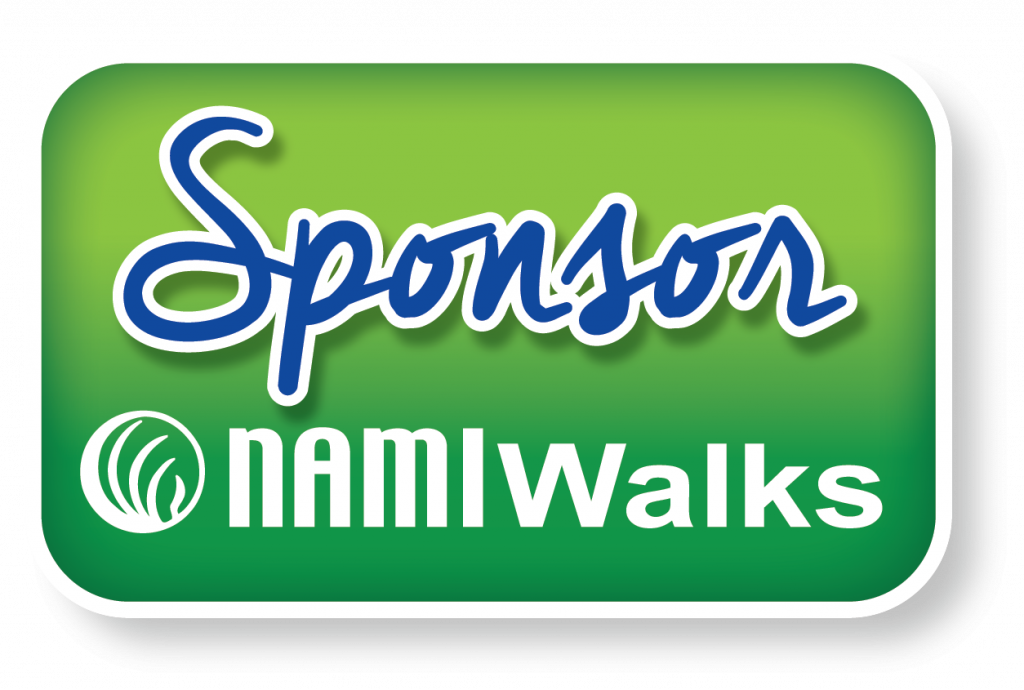May 4–10, 2025, Is Tardive Dyskinesia (TD) Awareness Week
We are proud to recognize May 4–10, 2025, as Tardive Dyskinesia (TD) Awareness Week to reduce stigma and empower those impacted by the condition. TD is an involuntary movement disorder that is characterized by uncontrollable movements of the face, torso, limbs and fingers or toes.1–4 The condition is associated with use of antipsychotic medication that may be necessary to treat individuals living with mental illnesses such as bipolar disorder, major depressive disorder, schizophrenia and schizoaffective disorder.3,5* TD is estimated to affect at least 800,000 adults in the United States.2,6 Of those living with TD, approximately 60% remain undiagnosed.6
By declaring the first full week of May as TD Awareness Week, states around the country are helping to:
• Provide education and decrease stigma surrounding TD.
• Advocate for the need for routine screenings to help improve earlier recognition and diagnosis of TD.
• Empower the mental health community to discuss the impact of TD.
• Raise awareness of the availability of U.S. Food and Drug Administration-approved treatments for TD.
May is also Mental Health Awareness Month, an important time to acknowledge the one in five U.S.
adults living with a mental illness.7
Approximately 813,000 adults in Kentucky are living with a mental illness, and many people living with a mental illness may also have TD.8 The abnormal, involuntary and repetitive movements of TD can negatively impact people physically,
socially and emotionally.9 TD can affect one’s ability to work, drive, walk, button a shirt or eat and drink.6
In a recent survey, 57% of diagnosed TD patients reported their social life was extremely negatively affected, 51% reported that their mental health had been extremely negatively affected and 45% stated that TD extremely negatively affected their ability to perform their job.†‡§ People living with TD may also feel judged and ashamed, adding to a sense of worry, isolation and stigma.1,9–12
Thank you for your commitment to elevating the discussion on TD to reduce stigma and empower those impacted by the condition. We encourage everyone across Kentucky to acknowledge the first full week of May as TD Awareness Week. To learn more about mental illness and TD, visit TalkAboutTD.com.
*Certain prescription medicines (metoclopramide and prochlorperazine) used to treat gastrointestinal disorders may also cause
TD.13,14
†Tardive Dyskinesia Patient ATU 2024 Wave 2. Target patients (diagnosed TD or suspected TD), n = 175.
‡Results based on a survey of 175 people with a confirmed TD diagnosis (n = 75) or with suspected TD (n = 100) who were asked to rate the effects of the condition on various aspects of life. Results shown include the number of responses among people with a
confirmed TD diagnosis (n = 75) who rated a 6 or 7 on the scale to indicate that the aspect of life is “extremely negatively affected”
by TD.
§Responses based on survey question: “Since first experiencing [CONDITION], how have the following areas of your life been
affected, if at all?” Please select your rating using a scale of 1 to 7 when 1 means “not at all affected” and 7 means “extremely
negatively affected.” Results shown include the number of responses greater than or equal to 6 on the scale.
REFERENCES
1. Task Force on Tardive Dyskinesia. Tardive Dyskinesia: A Task Force Report of the American Psychiatric
Association. Washington, DC: American Psychiatric Association; 1992.
2. Cloud LJ, Zutshi D, Factor SA. Tardive dyskinesia: therapeutic options for an increasingly common
disorder. Neurotherapeutics. 2014;11(1):166–176. doi:10.1007/s13311-013‑0222‑5
3. American Psychiatric Association. Diagnostic and Statistical Manual of Mental Disorders. 5th ed.
American Psychiatric Association; 2023.
4. Guy W. ECDEU Assessment Manual for Psychopharmacology. Rev. 1976. U.S. Dept. of Health,
Education, and Welfare, Public Health Service, Alcohol, Drug Abuse, and Mental Health Administration,
National Institute of Mental Health, Psychopharmacology Research Branch, Division of Extramural
Research Programs; 1976.
5. Caroff SN, Hurford I, Lybrand J, Campbell EC. Movement disorders induced by antipsychotic drugs:
implications of the CATIE schizophrenia trial. Neurol Clin. 2011;29(1):127–148.
doi:10.1016/j.ncl.2010.10.002
6. Data on file. Neurocrine Biosciences, Inc.
7. Mental health by the numbers. National Alliance for Mental Illness. Updated April 2023. Accessed
January 10, 2025. https://www.nami.org/learnmore/mental-health-by-the-numbers
8. Reinert M, Fritze D, Nguyen T. The state of mental health in America: 2024 edition. Mental Health
America. Accessed January 10, 2025. https://mhanational.org/sites/default/files/2024-State-of-Mental-
Health-in-America-Report.pdf
9. Ascher-Svanum H, Zhu B, Faries D, Peng X, Kinon BJ, Tohen M. Tardive dyskinesia and the 3‑year
course of schizophrenia: results from a large, prospective, naturalistic study. J Clin Psychiatry.
2008;69(10):1580–1588. doi:10.4088/jcp.v69n1008
10. Boumans CE, de Mooij KJ, Koch PA, van’t Hof MA, Zitman FG. Is the social acceptability of
psychiatric patients decreased by orofacial dyskinesia? Schizophr Bull. 1994;20(2):339–344.
doi:10.1093/schbul/20.2.339
11. Yassa R. Functional impairment in tardive dyskinesia: medical and psychosocial dimensions.
Acta Psychiatr Scand. 1989;80(1):64–67. doi:10.1111/j.1600–0447.1989.tb01301.x
12. Citrome L. Clinical management of tardive dyskinesia: five steps to success. J Neurol Sci.
2017;383:199–204. doi:10.1016/j.jns.2017.11.019
13. Kenney C, Hunter C, Davidson A, Jankovic J. Metoclopramide, an increasingly recognized cause of
tardive dyskinesia. J Clin Pharmacol. 2008;48(3):379–384. doi:10.1177/0091270007312258
14. Sanger GJ, Andrews PLR. A history of drug discovery for treatment of nausea and vomiting and the
implications for future research. Front Pharmacol. 2018;9:913. doi:10.3389/fphar.2018.00913






